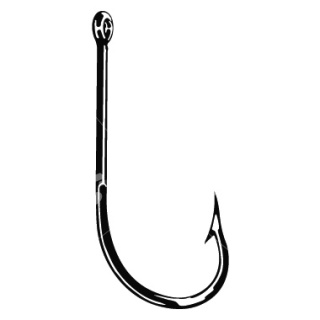Non-Disclosure Agreements For Physicians
 Non-disclosure agreements are common in medicine. Here's what you should know.
Non-disclosure agreements are common in medicine. Here's what you should know.
When I was asked to sign my first NDA (or CDA, confidential disclosure agreement), I freaked and had a lawyer look it over. He added or subtracted a few things around the edges, adding nothing very substantive, but I felt better. Since, then I've become experienced with the language and generally don't consult a lawyer unless I see a glaring red flag. I compare it to surgery...see one, do one, teach one.
As long as we are talking about not showing yours if you don't show mine, here are a few other tips:
1. NDA's can be unilateral or bilateral. Take for example executing an NDA between myself, an inventor who wants to work with a medical device company to further develop my product and the company, that wants to disuss my product. In that case, we signed a biliateral NDA.
2. I've been presented with NDA's that vary in length from a single page to 17 pages. The basic disussion points have to do with the definition of "confidential information", due diligence and retained rights, term and termination (when and how the agreement ends), and other CYA legalese topics like severance and assignability.
3. All contracts are negotiable. You might feel powerless or insecure about negotiating terms because of your inexperience, but be sure to make your concerns known. For example, being asked to keep something secret for 10 years is unreasonable. Most of the time, contracts stipulate 3-4 years as the time window.
4. If there is a breach of contract, your medical professional liability insurance in unlikely to cover the costs of any legal proceedings. Get an umbrella liability policy that will cover you.
5. If you have ideas or intellectual property you want to protect , and you want to share your idea with others,I'd have a lawyer draft the agreement and have clients sign it before you give away the recipe for the secret sauce.
6. In general, without an NDA in force, talk about the "what" not the "how"
7. Be sure you have the authority to sign an NDA. For example, if you are a faculty member at a major research university, you generally don't have the authority to represent the university when it comes to agreements concerning intellectual property that the university might own or potentially own. I get the signature of the Associate VP for Technology Transfer to sign it. The Supreme Court has recently agreed to hear a case concerning a faculty assignment of IP to Stanford, so stay tuned.
8. If you are in doubt, spend a few bucks to get someone to hold your hand.
I'd be interested in hearing about the experience of others.





 Post a Comment
Post a Comment